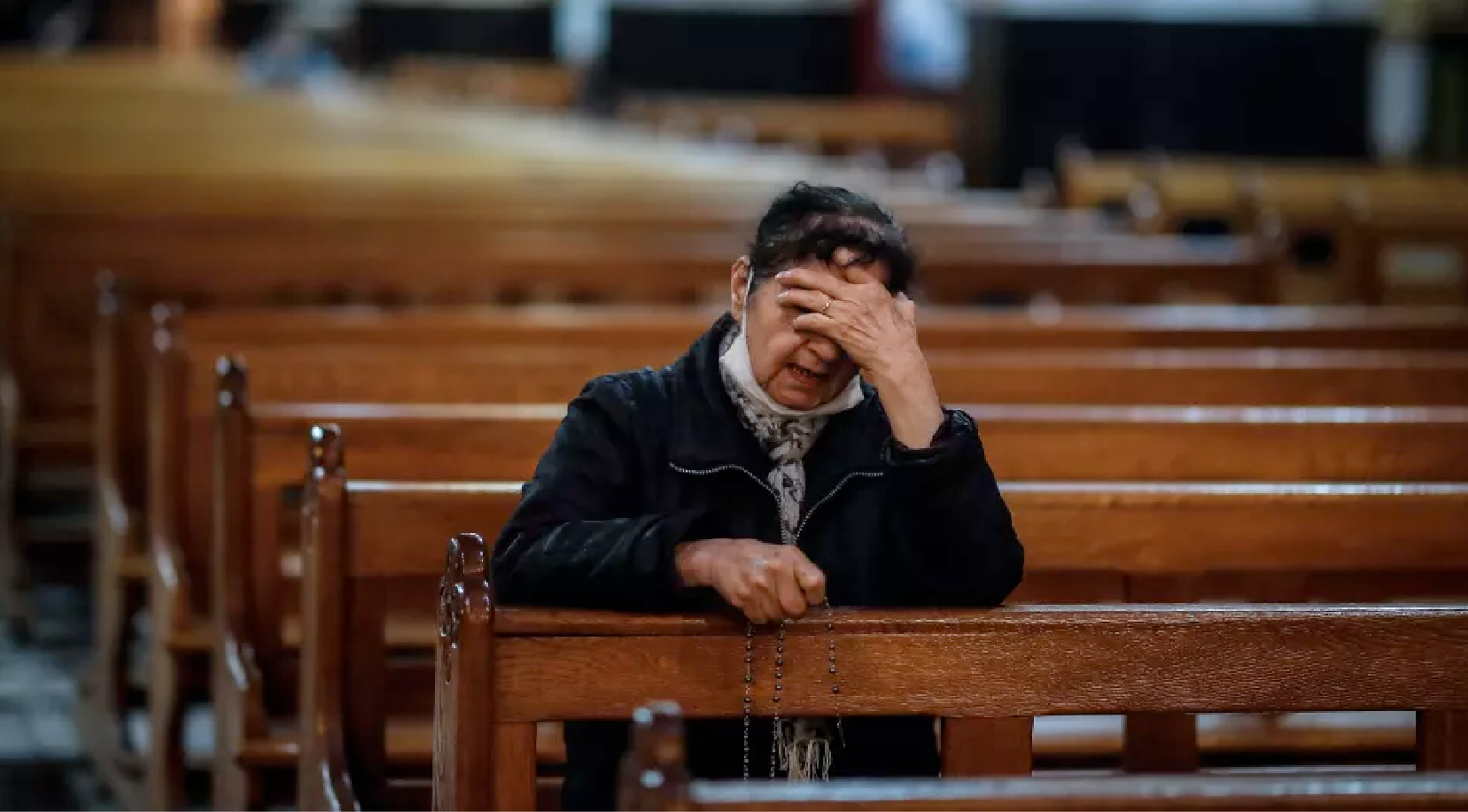Strasbourg ruling leaves unresolved the issue of restrictions on worship and Masses during the pandemic
By Joachin Meisner Hertz
Copyright zenit

(ZENIT News / Strasbourg, 09.16.2025).- When churches across Europe closed their doors during the pandemic, the silence inside their walls echoed a larger debate: could governments suspend public worship in the name of public health, and if so, at what cost to fundamental freedoms? That question has once again reached the European Court of Human Rights (ECHR), only to remain unanswered.
On September 11, the Strasbourg tribunal dismissed an appeal by Slovak politician and Catholic layman Ján Figel, who argued that a government-imposed ban on collective worship in 2021 violated his religious liberty. Figel, a former European Commissioner and special envoy on freedom of religion or belief, has long campaigned for stronger protection of public worship. This time, however, his claim was rejected on procedural grounds: the court ruled that he could not be considered a direct “victim” of the restrictions.
The decision closes Figel’s case definitively, since appeals are not possible. Yet the broader question remains unsettled. The court deliberately refrained from weighing in on whether blanket bans on worship, such as those adopted by Slovakia during the height of COVID-19, were legally justified under the European Convention on Human Rights. In doing so, it left open a critical issue at the intersection of health policy, religious freedom, and democratic governance.
For Figel, who attends Mass several times a week, the ruling is more than personal disappointment. In a statement released through ADF International, the legal advocacy group that supported his case, he warned that Europe risks sending the wrong message. “Worship should not be treated as a privilege that governments may suspend at will,” he said, lamenting the court’s refusal to address what he sees as a fundamental breach of rights.
ADF International, together with Slovak attorney Martin Timcsák, had hoped the case would create a precedent recognizing religious worship as a protected right that cannot be sidelined even in times of emergency. Adina Portaru, senior counsel at ADF, called the ruling a setback for believers across Europe. “The court ignored clear evidence,” she said, stressing that “spiritual support is as vital as physical health.”
The judgment highlights a striking gap: the Strasbourg court has yet to issue a single ruling on pandemic-era restrictions and freedom of religion, despite years of appeals and the profound impact on faith communities. For many religious leaders and advocates, the absence of legal clarity only deepens uncertainty about the future. Could a new crisis lead to another sweeping suspension of public worship? Or will courts eventually draw firmer boundaries around governments’ emergency powers?
ADF International points to other jurisdictions where legal challenges succeeded in reopening churches during the pandemic, including in Ireland, Scotland, Switzerland, and Uganda. Each case, they argue, affirms that restrictions can be balanced with safety without erasing the communal dimension of faith.
The European Convention on Human Rights, which guides the ECHR, guarantees freedom of thought, conscience, and religion under Article 9. But the same convention allows restrictions under certain conditions — a tension that has grown sharper in the age of global crises. For believers like Figel, the unanswered question is not abstract. It cuts to the heart of what it means to live one’s faith in community, even under extraordinary circumstances.
For now, Strasbourg has chosen silence on the substance of the matter. But the debate it avoided will almost certainly return — perhaps louder, sharper, and with higher stakes the next time the balance between public health and public worship is tested.
Thank you for reading our content. If you would like to receive ZENIT’s daily e-mail news, you can subscribe for free through this link.



